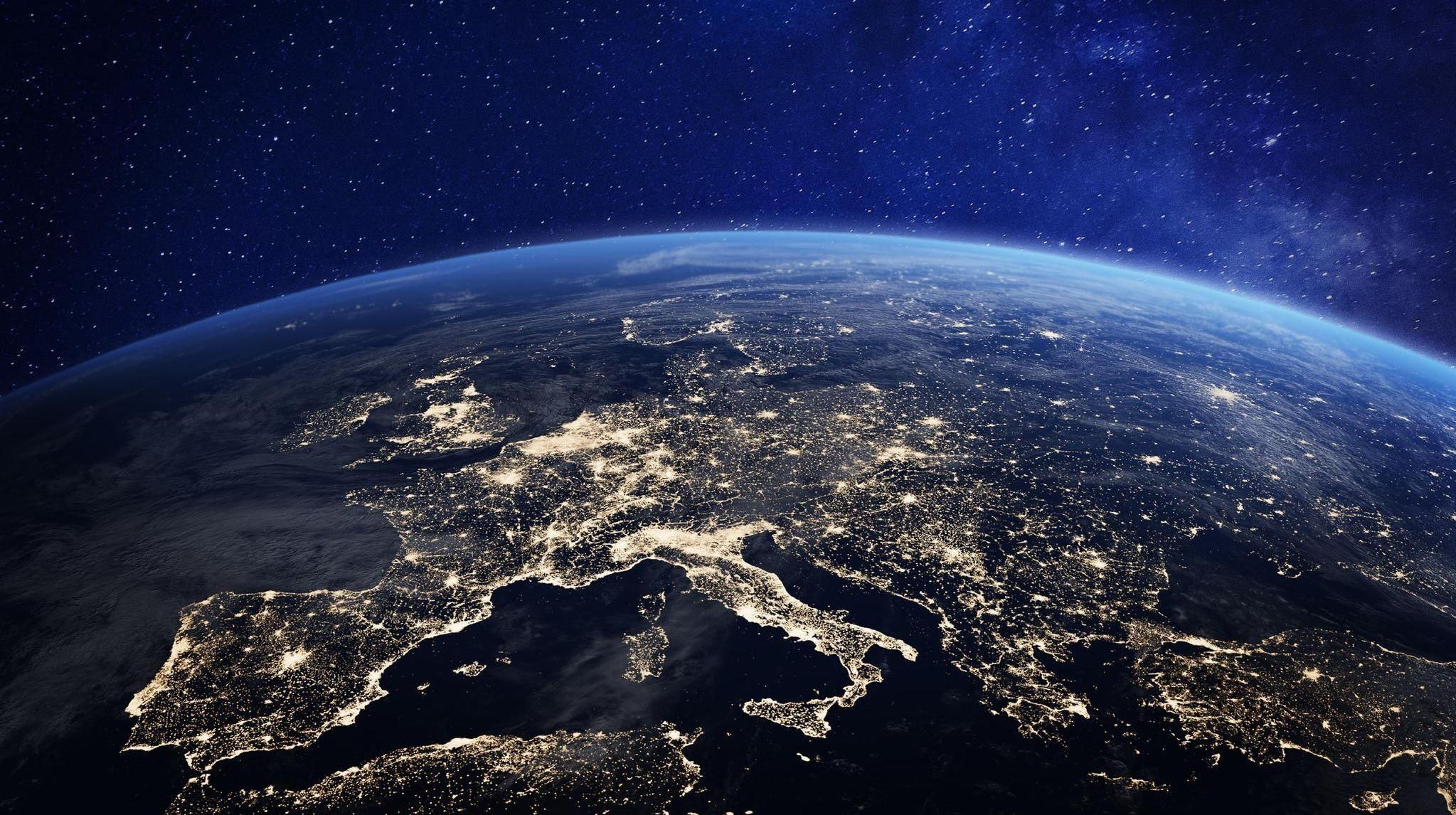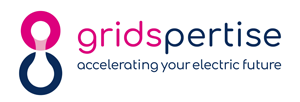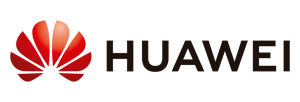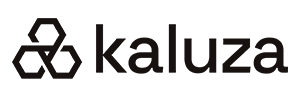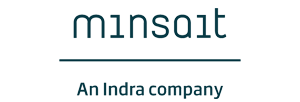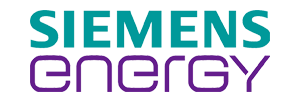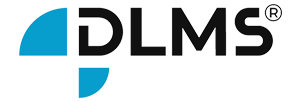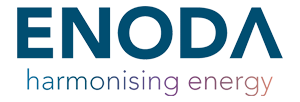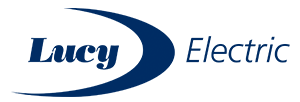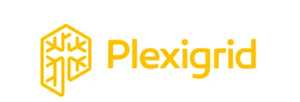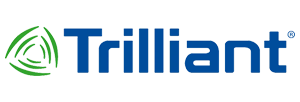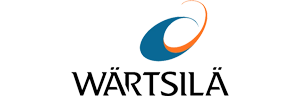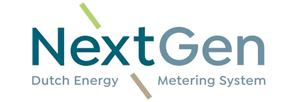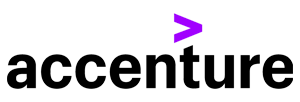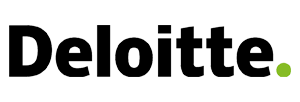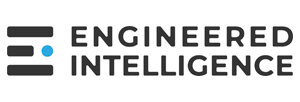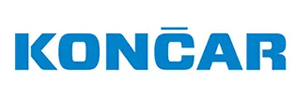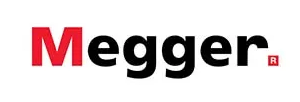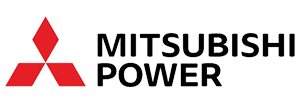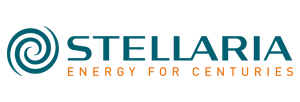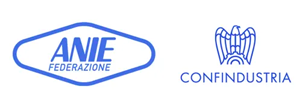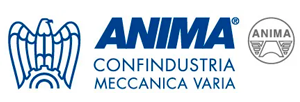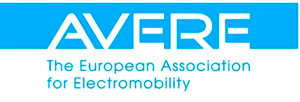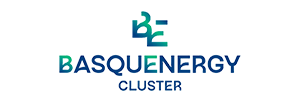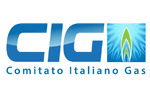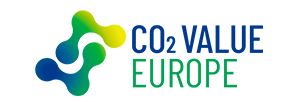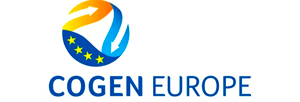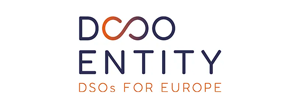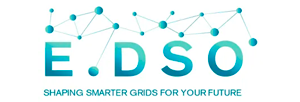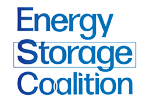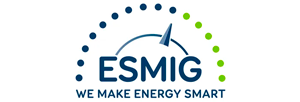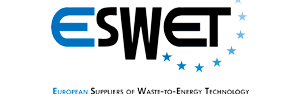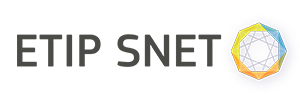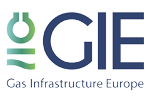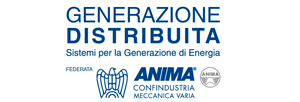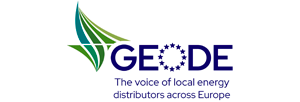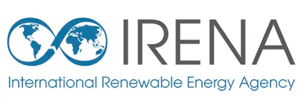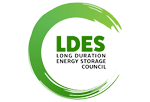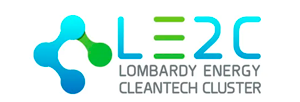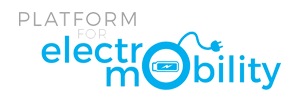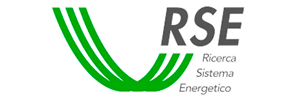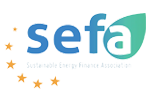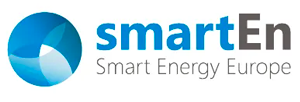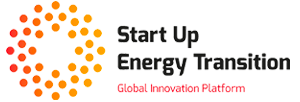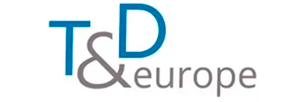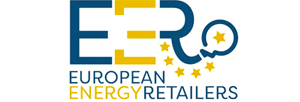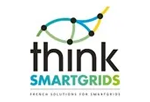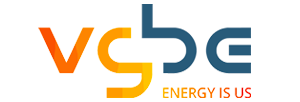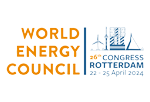Regaining the Public's Trust in the Energy Transition
)
- Event: Enlit Europe 2024
- Date: 23rd October 2024
- Estimated Read Time: 15-18 minutes
Quick Summary
Trust is emerging as a decisive force in the success of the energy transition. At Enlit Europe 2024, industry leaders discussed the tangible role of trust in shaping policies, technologies, and community engagement.
Panellists emphasised how renewable energy communities, energy affordability, and effective local governance all build the foundations of public trust. Simplified communication, customer control, and co-designed solutions were core to their message: trust isn’t abstract—it’s built through real, consistent actions that improve lives.
Watch the video or read the article below:
Introduction: Trust—An Essential Catalyst for the Energy Transition
"Would you trust me to hold your phone? How about to perform open-heart surgery?"
With this playful but pointed opening, moderator Maureen Cornelius, Executive Director of Next Energy Consumer, set the tone for a crucial conversation at Enlit Europe 2024: How do we restore public trust in the energy transition?
On the Inspire stage in Milan, a diverse and dynamic panel explored this vital subject from all angles, bringing technical, social, commercial, and policy perspectives together. Joining Cornelius were:
- Melissa Gander, CEO of Kaluza
- Giorgio Tomasetti, CEO of Octopus Energy Italy
- Jo Egan, Chief Customer Officer at AGL Energy (Australia)
- Arthur Hinsch, Senior Expert on Sustainable Energy at ICLEI—Local Governments for Sustainability
The session dissected trust in its most meaningful forms: trust in policy, technology, leaders, data, energy providers - and in the energy transition itself.
Trust Isn't Abstract—It's Actionable
Cornelius opened with a personal reflection from her past working on the frontline with vulnerable energy users. “I remember people crying on the phone because their electricity had been shut off,” she said. For many struggling with high bills or unclear policies, the energy transition feels distant, unaffordable, and out of reach.
Trust, she asserted, isn’t an abstract quality—it’s built through consistent action that improves real lives.
“Without trust, people won't support the bold changes humanity needs to survive.”
The panel agreed: the energy transition cannot succeed if it doesn’t bring people along—and that journey starts with trust built through transparency, energy affordability, and community engagement.
Local Governments as Engines of Trust
Arthur Hinsch painted a vivid picture of how municipalities can be essential intermediaries between citizens, investors, and developers. Cities across Europe, he explained, are increasingly offering one-stop shops that combine energy efficiency advice, financial incentives, and social services to support vulnerable residents in managing soaring energy bills.
“Municipalities help translate complex systems into meaningful experiences,” Hinsch noted, adding that grassroots initiatives like shared solar schemes and renewable energy communities make energy transitions visible and tangible.
But local governments are also tasked with mitigating community tensions surrounding large-scale renewables. “Municipalities have to mediate between diverse stakeholders—developers, residents, landowners,” he said. “At the end of the day, people want to feel consulted, heard, and ideally, included.”
Proactive Engagement: From Data to Human Connection
Jo Egan shared how Australia’s AGL Energy leverages AI and machine learning to anticipate signs of financial distress among customers before they reach out. “By proactively engaging when vulnerable behaviours show up in data, we can get people on government support packages or tailored plans sooner,” she said.
Egan also spoke about Australia’s remarkable rooftop solar boom—with 30% of households owning solar—and how trust plays a pivotal role in orchestrating flexible loads. “Customers allow us to manage their assets as long as they retain control. Transparency is critical.”
Building Relationships Before Selling Change
Octopus Energy Italy’s Giorgio Tomasetti reminded the audience of a sobering fact: “Only 30% of people trust their energy company.” This startling figure underpins Octopus’s mission to build relationships first, sell second.
“In the summer, we drove an EV van around Italy, visiting customers, not selling—just listening. We spoke to them about energy efficiency, tariffs, daily needs. That’s how trust is built,” he said.
And once that trust is secured, customers are more willing to adopt smart technologies—like Octopus’s dynamic pricing systems or intelligent heating controls—that offer significant financial benefits.
He also challenged a common misconception: that more transparency always equates to more trust. “Customers don’t want to understand the entire energy system—they want simplicity,” Tomasetti said. “It’s our job to translate complexity into clarity.”
Trust in Tech: Designing for Control and Confidence
Melissa Gander of Kaluza, a platform born from OVO Energy, discussed how customer-centric technology can restore trust. “Believe it or not, politicians were rated more trustworthy than energy companies when I started,” she joked.
Through managed EV charging programs across markets including the UK, US, Japan, and Australia, Kaluza has developed features like:
- A ‘Boost’ button to instantly override smart charging
- Minimum charge settings for emergencies
- Predictive views of overnight charging schedules
These additions serve a core purpose: maintaining transparency while allowing the customer to stay in control. "We've improved customers’ willingness to hand over control of their EVs by 140%—not by asking for trust outright, but by earning it."
Trust Requires Simplifying, Not Just Explaining
As AI and automation take greater roles in customer service, the concern of dehumanising the customer relationship grows. Yet all panellists agreed: successful adoption of digital tools depends on appropriate customer segmentation.
“Some customers demand 24/7 digital access. Others—in crisis—need a human on the other end, instantly,” Gander said. Kaluza has increased digital self-service by 50% without lowering satisfaction—thanks to tailored service paths based on customer needs and data insights.
Simplification, not hyper-transparency, is the ultimate trust-building tool, Tomasetti reiterated. “Don’t pass the whole system to the customer. Use tech to manage complexity, but only show what matters.”
Affordability, Ownership, and Perception
As rising bills plague households globally, energy affordability emerged as a recurring pain point in the trust debate. Arthur Hinsch highlighted cities like Freiburg offering successful EV sharing schemes with affordable pricing. “When the system is accessible, people show up,” he said.
He also underscored how trust often rests with individual leaders—like local mayors mediating fairly between developers, residents, and landowners. In one rural municipality, local landowners willingly forfeited profit to let the council manage renewable projects—a powerful example of relational, not transactional, trust.
Global Lessons, Local Realities
The discussion navigated global differences in how trust is earned. In Australia, "shared benefit" models like community batteries and low-interest green finance are expanding access to the transition. Meanwhile, in Europe, Hinsch pointed to the variable cultural traction of renewable energy communities—a model cherished in Germany but mistrusted in parts of Eastern Europe where cooperative culture is weaker.
“Trust looks different everywhere,” he said, urging EU-wide principles for fair transitions. “We need a fast and fair model—and help local leaders mediate, not litigate.”
Communication That Resonates
Melissa Gander reminded the audience of the power of messaging. While engineers discuss kilowatts and decarbonisation pathways, citizens are asking: “Will this save me money?”
Tomasetti shared how Octopus communicates effectively by simplifying the message: “For our first energy community, we told people, ‘You’ll save the equivalent of one energy bill per year.’ That connected.”
Egan added that serving multilingual, multicultural populations—especially in Australia—requires inclusive and localised communication. “We launched films in ten languages addressing how to use energy efficiently. It’s not about product—it’s about respect.”
Beyond the Buzzwords: Tangible Impact Matters
As enthusiasm for electric vehicles wavers in headlines, Gander shared examples where customers are generating enough income through vehicle-to-grid systems to cover all home energy bills. “People need proof points. That builds belief."
But she also warned of structural contradictions, citing UK waste incinerators located in deprived areas as a growing source of emissions. “Disadvantaged populations disproportionately suffer pollution. Energy justice includes ensuring clean air—not just clean fuel.”
Framing climate action as tackling pollution—rather than abstract net-zero pledges—often resonates more powerfully with the public.
Jobs, Identity, and Multi-Generational Benefit
Decarbonisation isn't just about electrons and emissions. It’s about societal structures. Egan highlighted the need to transition fossil-fuel-dependent communities equitably. “Plants are reaching end-of-life—we need new jobs in renewables, not empty towns.”
Tomasetti added, “Renewables are about legacy. When families install solar, it’s not just for savings—it’s for their kids. That emotional ownership builds trust.”
Conclusion: Fast, Fair, and Trust-Driven Transitions
As the panel drew to a close, Cornelius reaffirmed the session’s core message: Trust is not freely given—it must be earned and re-earned through everyday actions.
From local mayors to AI platforms, from flexible EV charging to renewable energy communities and community finance schemes, trust takes surprising forms—but all require inclusion, transparency where it matters, and co-designed climate futures.
As the energy transition accelerates, so must our efforts to bring all people along—not just the early adopters. Communication, energy affordability, and simplicity aren't soft strategies; they’re the hard infrastructure of a climate-resilient society.
As Cornelius aptly put it in her closing words: “Trust is like a ball—you can pass it to someone, but they have to earn the right to hold onto it.”
Session Takeaways
-
Trust is built through inclusion, simplicity, and meaningful engagement
-
Renewable energy communities create local ownership and visibility
-
Energy affordability remains central to adoption and belief
-
Human-first communication is more effective than technical transparency
-
Local governments play a crucial role in mediation and implementation
-
Technology must offer control, not just automation, to earn trust
Final Thoughts
The energy transition needs more than innovation—it needs belief. Trust turns new technologies into public solutions. From community-owned solar to empathetic customer care, the power to transition lies not just in the grid, but in people.
JOIN US IN 2025: BOOK YOUR PASS


